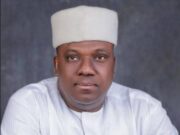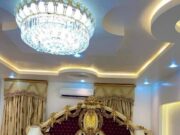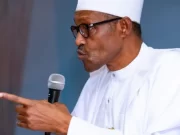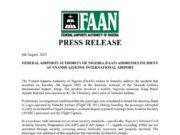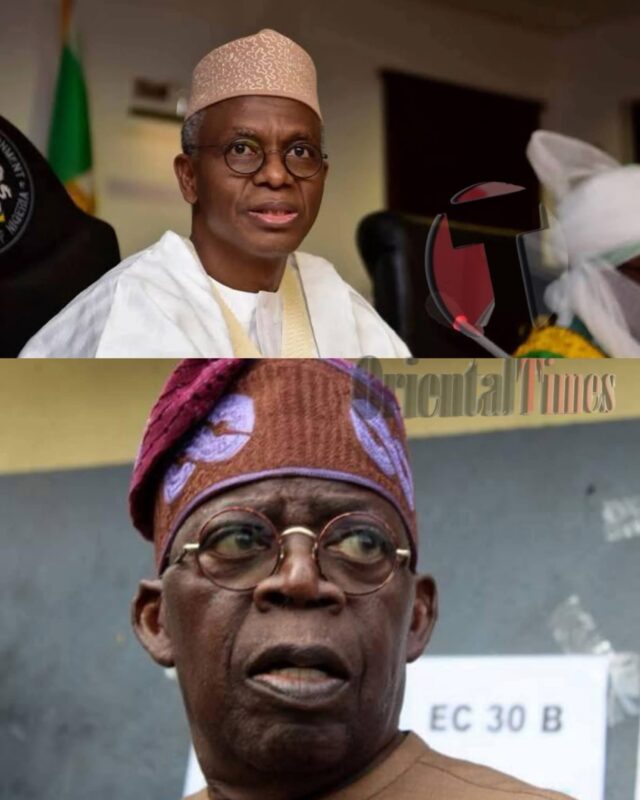In a stunning revelation that has sent shockwaves through Nigeria’s political space, former Kaduna State Governor Malam Nasir El-Rufai has accused President Bola Ahmed Tinubu of deducting ₦100 billion monthly from the Federation Account without any legislative appropriation or transparency.
In his now-viral statement, El-Rufai alleged that:
“Every month, President Tinubu deducts ₦100 billion from the Federation Account without appropriation by the National Assembly.”
This claim, though yet to be officially responded to by the presidency, has ignited public anger and sparked urgent calls for accountability.
TINUBU: LORD OF THE MANOR OR LEADER OF THE PEOPLE?
Critics argue that Tinubu, long regarded as the political godfather of Lagos, has allegedly maintained a legacy of political patronage, personal enrichment, and opaque financial dealings. The nickname “Lord of the Lagos Manor”—once a satirical jab—is beginning to feel like grim reality.
“Tinubu belongs to the league of men of appetite,” one analyst wrote. “He raises revenues not for development, but for the pursuit of power and pleasure—an empire funded by blood and sweat, but sustained for the enjoyment of the few.”
A COMPROMISED LEGISLATURE?
Observers are also raising questions about the National Assembly’s silence. Can any legislative body challenge this alleged excess when its own leadership is under fire?
Senate President Godswill Akpabio is cited as one such compromised figure. Critics allege he became a senator without a transparent election and is reportedly entangled in scandals too “stench-filled” for even the strongest perfumes to mask. These concerns further confirm the belief that Nigeria’s democratic checks and balances may have collapsed under elite complicity.
LAGOS: STILL UNDER CAPTURE?
From Ikeja to Ikoyi, Lagosians have watched their state transform into a fortress of political power where opposition voices are muffled and loyalty is purchased—not earned. The city, some claim, remains under the grip of a “mafioso Don” whose control spreads from the markets to the media.
“Spineless politicians remain shackled to Tinubu’s image,” one Lagos civil rights activist lamented. “He still rules Lagos from Abuja.”
The public has taken to social media with biting commentary and fury:
“₦100 billion? That’s just his monthly starter pack.”
“This isn’t governance; this is extortion on a national scale.”
“May God help Nigerians to rise against modern-day slavery.”
Many fear this revelation may just be the tip of the iceberg. If unchallenged, the consequences for Nigeria’s democracy could be devastating.
Civil society groups are now demanding an independent investigation into these claims. A coalition of legal professionals and financial experts are petitioning for a national audit of Tinubu’s financial actions since assuming office.
But with a seemingly complicit Senate, a weakened opposition, and a captured media, the question remains: Will there be consequences?
Or will Nigerians, yet again, be reminded that “It’s his turn” — at any cost?
The question we must all ask is simple but terrifying: If ₦100 billion can be deducted monthly in silence, what else is being done behind closed doors?
Until accountability returns to the heart of governance, democracy will remain only a word — not a lived reality.


